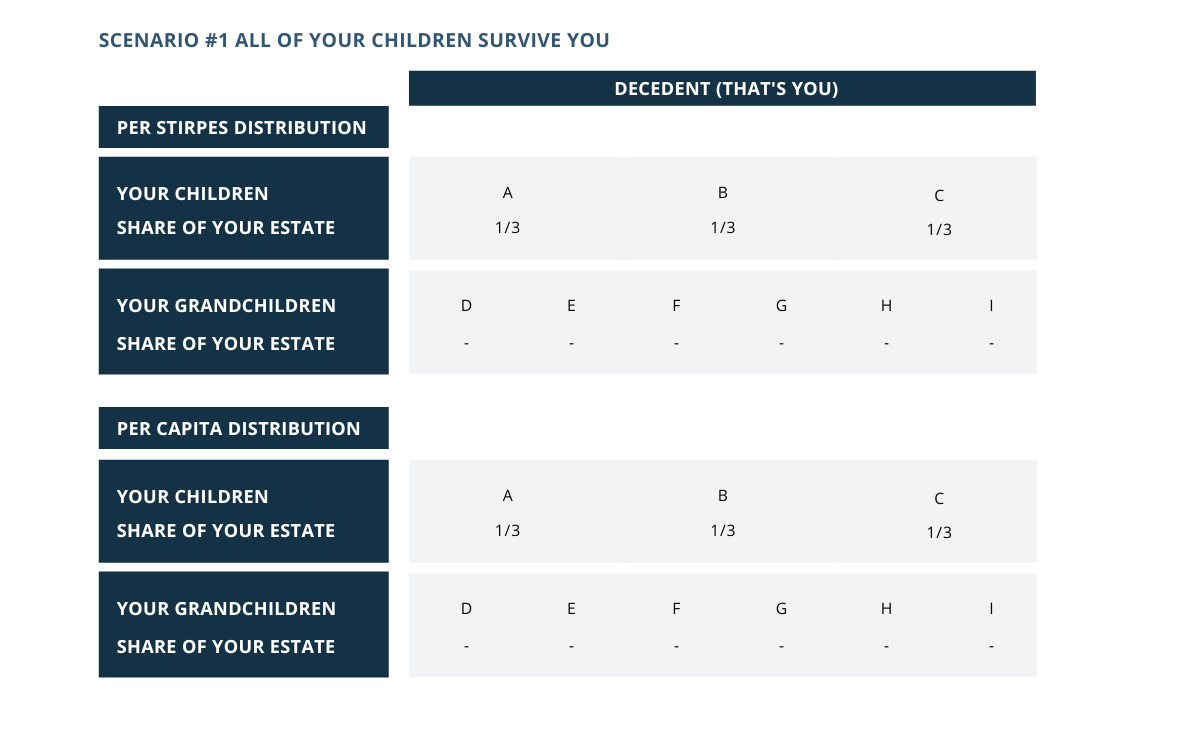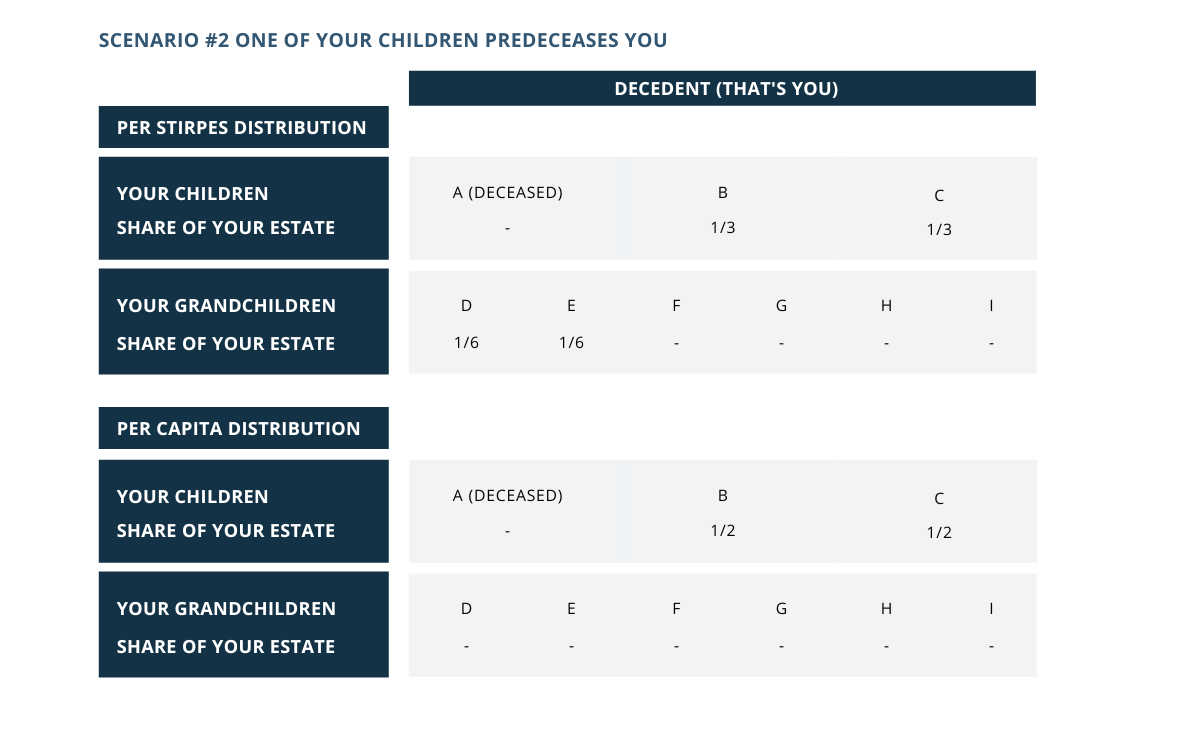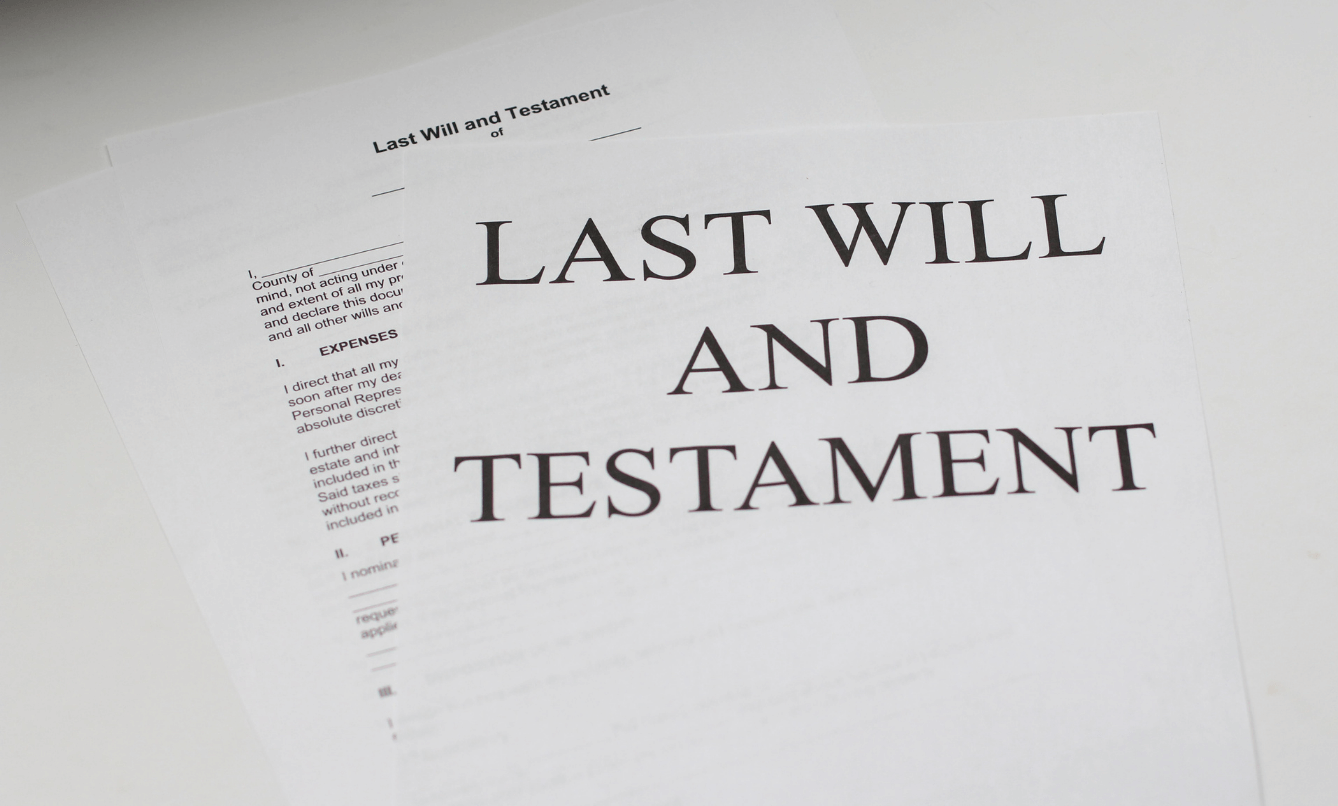Estate planning can be an intimidating process. With this in mind, we have gathered seven general questions around the estate planning process and have provided answers in a Q&A format.
1. Estate Planning: Do I need a Will or a Revocable Trust?
You may want both!
Best practices generally dictate owning assets in a Revocable Trust so that it controls the disposition of those assets. This is because a Revocable Trust is not subject to the Probate process, which is public and time-consuming. Assets held in a Revocable Trust, on the other hand, are available to your heirs immediately at your passing according to the terms of the trust.
Your Will names an Executor (sometimes called a Personal Representative) to file tax returns, pay debts of the estate, and handle other administrative matters. Your Will is also where you name a Guardian for your minor children. Finally, if you own any assets that didn’t make it into your Revocable Trust, the Will would provide for disposition of those assets (usually by directing that they “pour-over” to your Revocable Trust).
2. I’d like each branch of my family to receive the same amount of funds at my passing. What is the correct terminology to note this in my plans?
The legal term for this is “Per stirpes,” which also happens to be Latin for “by branch.” This can be contrasted with “Per capita,” which is Latin for “by head.” Estate plans usually direct that assets pass “to my descendants per stirpes” or less commonly that assets pass “to my descendants per capita.” The best way to describe the difference would be by example.
Assume you have three children, each of whom has two children of their own. If all 3 of your children survive you, then it won’t matter whether you pass your assets to your descendants per stirpes or per capita … each of your children would get 1/3 of your estate. However, if one or more of your children predeceases you, the two distribution schemes would give dramatically different results.


3. Why do I need to hire an estate attorney to create all these Trust vehicles? Why can’t I just give all my assets to my spouse?
There are two larger reasons why most people benefit from using trusts in their estate planning. The first is to provide certainty regarding who your heirs will be, and the second has to do with state estate taxes.
Certainty as to your heirs is provided by a trust because you direct who receives the assets after your spouse passes. This is more of a concern in marriages where a spouse may have children from a previous marriage who they would like to be certain are not disinherited by the surviving spouse. However, there are additional scenarios, such as a spouse wanting to leave a portion of their share of the property to a family member on their side or a specific charity. If you give the assets to your spouse outright, they will ultimately be making the decision regarding who inherits the assets, and circumstances can change for them over time.
If you live in a state with an estate tax that has its own exemption, then trusts are also beneficial. While the federal lifetime exemption of the deceased spouse can be added to the surviving spouse’s exemption if they do not use it (referred to as portability), state estate tax exemptions may not have this option. In order to use the state exemption at the first to die, you will have to fund a trust to at least that exemption amount in order to avoid paying tax on that amount unnecessarily in the surviving spouse’s estate.
4. How do I know what is mine, what is my spouses, what is shared, and what are the implications in estate planning?
Each state has its own rules as to marital property. Generally, account titling is evidence of the nature of the property, but state rules on marital and community property (if you live in a community property state) can supersede titling. The best way to document ownership is to keep accounts properly allocated and titled clearly.
When it comes to estate planning, your Will controls your separate property and your share of the marital property (or half of the community property in a community property state). Some states may have additional rules around marital property, so it is best to consult with an attorney in your state.
5. Should I ask each of my children to be co-executors of our Wills?
While it can be hard to choose one, it is a best practice to have just one individual serve as Executor. Administratively, having multiple individuals in charge of the estate can be burdensome, and if there is disagreement, the estate closing process can drag on. Rather than having co-executors, consider choosing one who is best positioned from a time and skillset standpoint to carry out the instructions in the Will. If you are concerned about fairness, perhaps consider other roles for which your children can participate (e.g., Power of Attorney for Health). You could also consider using a professional fiduciary as Executor.
6. How do I ensure that upon my death, I gift the amount I desire to my family and to charitable interests, recognizing that the value of my portfolio is changing over time?
Generally speaking, if you can imagine a division of your assets that you would like to occur at your passing, it can be reduced to writing and incorporated into your estate planning documents. The easiest scenario is if you want everything going to your children, all to charity, or some ratio to each. Other people have a set dollar amount they want to go to their children with any excess going to charity. You need to realize and account for the other party to the transaction– the U.S. Treasury (and potentially your state taxing authorities). You can minimize the Government’s take by doing proactive planning during your lifetime to minimize the estate tax bite at your death. This is one of the reasons we recommend an estate plan review every 3-5 years. We are, of course, glad to help you do that planning.
7. What’s the best way to incorporate charitable giving into my estate planning?
Charitable giving is a very personal decision when it comes to the “when” and “how much” of planning a gift. Charitable gifting during life has an income tax benefit due to the deduction but also has an estate tax benefit by reducing your estate.
If you want to incorporate charitable giving into your estate plan, your retirement account is a good place to look first. A charitable beneficiary of a retirement account can withdraw the assets tax-free, so this is a very tax-efficient way to transfer these assets if you are charitably inclined.
If you want to give more than your retirement account value to charity at your death, you could consider an outright gift or a gift in a charitable trust. A charitable remainder trust would allow your heirs to receive an annuity from the trust for a term of years, and the remainder to go to charity at the end of the term. A charitable lead trust would allow the charity to receive an annuity for a term of years and the remainder (including appreciation) would pass to your heirs. The type of trust to use depend ultimately on your goals.
A gift to charity in your estate plan will be deductible by your estate, so it will provide estate tax savings as well as benefit the charity. The amount of the deduction will depend on the nature and the value of the gift.
This article was curated by the HerPath committee, an initiative dedicated to advancing women’s financial knowledge, enabling them to be better informed and equipped to make financial decisions. If you would like to learn more about HerPath or discuss estate planning and take control of your finances, please contact us.
Please see the PDF version of this document for important disclosures.








